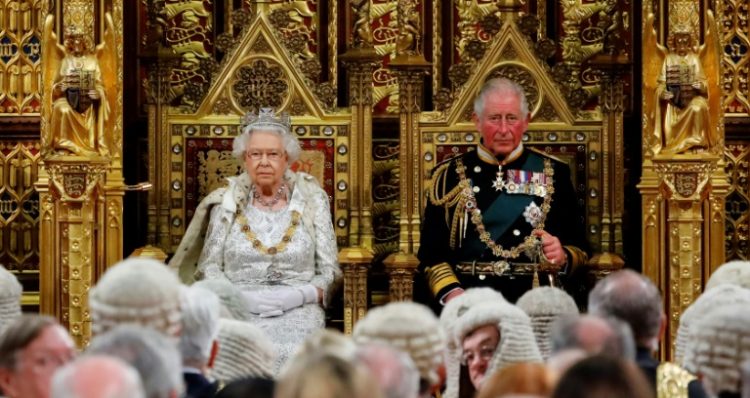
King Charles Recognizes Painful History of Slavery Amid Global Calls for Reparations
Dubai | October 26, 2024 | 1 | newsKing Charles has emphasized the importance of recognizing the Commonwealth’s “painful” history, particularly as African and Caribbean nations advocate for reparations for Britain’s involvement in transatlantic slavery. His comments were made during the Commonwealth Heads of Government Meeting in Samoa, attended by representatives from 56 countries.
Acknowledgment of Historical Pain
In his speech, King Charles stated, “I understand from listening to people across the Commonwealth how the most painful aspects of our past continue to resonate.” He stressed the need to learn from history to guide future decisions.
The demand for reparations from former colonial powers, including Britain, has gained significant traction globally. This movement is particularly strong among the Caribbean Community (CARICOM) and the African Union, who argue that the legacy of slavery has resulted in enduring racial inequality.
Diverse Perspectives on Reparations
While some oppose reparations, arguing that contemporary nations should not be held accountable for historical injustices, supporters maintain that addressing the legacies of slavery is essential for achieving equality. British Prime Minister Keir Starmer has dismissed the idea of reparations and declined to apologize for Britain’s historical role but remains open to discussions with leaders on the topic.
Reparations can take various forms, including financial compensation, formal apologies, and educational initiatives. CARICOM has proposed its own reparations framework.
Call for Continued Discussion
Bahamas Foreign Minister Frederick Mitchell announced that a draft conclusion from the summit includes discussions on reparations. Jacqueline McKenzie, a lawyer from the London firm Leigh Day, stated, “If we want greater equality and equity in the world, we need to explore how reparations might take shape rather than silence the conversation.”
From the 15th to the 19th century, approximately 12.5 million Africans were forcibly taken and sold into slavery, suffering inhumane conditions on plantations in the Americas.
Commonwealth Secretary-General Patricia Scotland highlighted the significance of addressing this painful history, noting, “We have shown an ability to acknowledge our shared past while sitting together as equals for 75 years.”
Climate Change and Small Nations
During the summit, member countries are also expected to endorse the Commonwealth Ocean Declaration, aimed at securing financing for ocean health and establishing maritime boundaries for small island nations threatened by climate change. Scotland remarked, “This is crucial for those feeling unheard and unsupported.”
More than half of the Commonwealth’s members are small, low-lying island nations vulnerable to rising sea levels. Scotland pointed out the urgent need to protect these regions, stating, “You come to this beautiful paradise, and then you realize that paradise is in danger.”


